About
About
Applications of Enterprise GIS in Transportation (AEGIST), a States-led Pool Fund Study (PFS), was initiated by the Federal Highway Administration’s (FHWA) Office of Planning in 2018 to help construct a consistent, enterprise-level deployment of a spatial data infrastructure at State departments of transportations.
During 2019-2024 (AEGIST Part 1), a guidebook was developed for transportation agencies in the United States, with the primary objective of documenting guidance on how spatial and linear referenced data should be managed by States. Also, Technical Services were provided to 15 State DOTs. The technical services activities included:

- Geoprocessing tools development
- Web applications development
- Geodatabase management
- Data Governance
- Intersection data model development for MIRE
- Lidar and/or Imagery data management and processing (using AI) for asset data extraction
- AI Knowledge Platforms (chatbot) deployment for GIS/LRS Training and Ad-hoc Data querying
- Event data processing and integration with ALRS
- Local roads data integration with DOT LRS
- Design-Construction Digital As-builts data integration
During October 2024 – October 2027 (AEGIST Part 2) the participating AEGIST States are working together to:
- Develop spatial data management systems and processes. This involves establishing governance systems, business rules, applications, and tools for modeling transportation data, especially linear referencing system (LRS) data. Facilitate importing, exporting, and conflating road network data across DOT LRS and Federal, State, and Local data systems. Develop tools for data extraction, integration and engineering solutions that conflate State and Local agency road network datasets with data from open sources such as Open Street Maps, Federal Lands Roads, NG-911 Roads, etc.
- Develop Data Governance and Management Solutions, that comply with standards such as Data Management Body of Knowledge, Federal Enterprise Architecture (FEA), The Open Group Architecture Framework (TOGAF)
- Utilize, develop and deploy Artificial Intelligence (AI) tools, systems and techniques to support technical services to AEGIST pooled fund states related to support geospatial data management and governance tasks. The use AI tools involves:
- Extracting road data from Imagery, Lidar, PDF Documents
- Developing AI models to predict AADT on roads segments
- Developing AI Agents for executing Geospatial Data Management Tasks
- Integrate Road Design and As-Built Construction Data from CAD/BIM into Geospatial Linear Referencing Systems (GIS) by deploying BIM-GIS Integration System, Cloud-based Common Data Environment and AI Tools
- Develop and Deploy the MIRE Compliant AEGIST Intersection Data Model, that supports routability and connectivity and is built automatically from the LRS Routes or Geospatial Roads data.
- Establish guidelines for managing and governing data in spatial and linear referencing systems at transportation agencies, including but not limited to routes, intersections, interchanges, roundabouts, road segments, roadway characteristics, infrastructure assets, model inventory of roadway elements (MIRE), HPMS data items and ARNOLD road network.
- Update the AEGIST Guidebook that was prepared during 2019-2024 by continuing to document best practices across agencies in managing spatial data using enterprise data systems, including but not limited to Asset Management Systems, Traffic and Safety Systems, Project Planning and Programming Systems, Design and Construction Systems, and GIS and Linear Referencing Systems (LRS).
- Conduct conference presentations, webinars, workshops and meetings of the pooled fund states and provide technical services to the States participating in the pooled fund to develop national standards in data modeling and management; enhance existing enterprise GIS systems at these agencies.
Geospatial data management and governance work can be is categorized into one or more of the following categories:

Resources
- AEGIST Guidebook under Advanced Technical Review – Available upon request to State DOTs
- AEGIST FHWA Pooled Fund Site
How do I get involved?
Contact: Abhishek Bhargava, WSP
abhishek.bhargava@wsp.com
How does my agency benefit by getting involved?
- Receive 750 hours of services to plan and support technical priorities of Pooled Fund Study agencies.
- Receive guidance on agency-specific issues and challenges.
- Share in peer states and agency best practices information.
- Advance data modeling, integration, engineering, analysis tools and standards.
